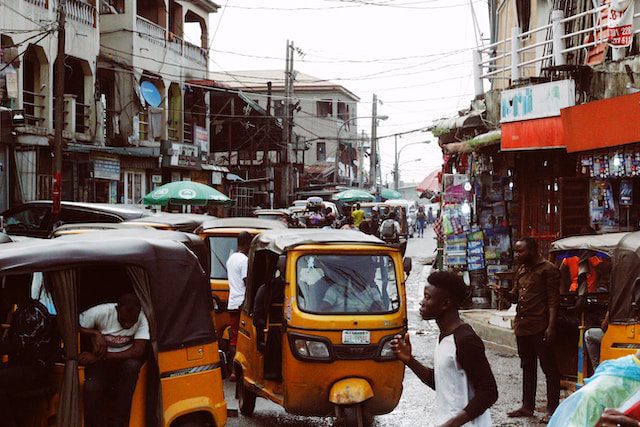National Issues
A Growing Challenge For Keke Napep Riders In Maiduguri -By Abubakar Muhammed
Failure to address the rising cost of petrol and the unemployment crisis in Maiduguri could have severe consequences. The government must recognize that empowering the youth is not just a means of improving their lives but also a way to ensure the stability and security of the region. By creating opportunities for economic growth and self-reliance, the authorities can prevent the youth from engaging in unproductive or harmful activities, securing a better future for Maiduguri as a whole.

The continuous rise in petrol prices is hitting Keke Napep riders in Maiduguri hard, leaving many of them unable to sustain their livelihood. These young individuals, who rely heavily on tricycle operations to provide for themselves and their families, are now facing an uncertain future. With petrol prices soaring beyond reach, the once-vibrant tricycle business in the city is now on the verge of collapse.
In Maiduguri, Keke Napep operations have become a significant source of employment for the youth. The city lacks industries and large-scale companies that could offer alternative job opportunities, leaving many to depend on tricycle driving as their primary source of income. This occupation not only supports the riders but also their families and the informal economy tied to the transport business.
As petrol prices rise, many riders are being forced to park their tricycles because they can no longer afford to operate them. The profit margins have become razor-thin, with most of their earnings going to fuel costs. In some cases, riders are even unable to meet their daily financial obligations, such as paying for food, rent, and healthcare. For these individuals, abandoning their Keke Napep is not a choice but a necessity born out of survival.
Maiduguri’s economy is fragile, with few industries or job-creating sectors available for its growing youth population. The absence of companies or government-supported enterprises has left a vacuum that only worsens the impact of the current crisis. Without the tricycle business, many youths in the city find themselves with no alternatives for generating income. This situation puts them at risk of turning to harmful activities, such as crime or drug abuse, in a bid to survive.
To address this crisis, the state and federal governments, as well as NGOs, need to take urgent action. Investing in job creation and entrepreneurship programs can provide sustainable alternatives for the youth. Vocational training centers, small business loans, and grants for startups can empower young people to explore other avenues of income. Additionally, providing subsidies for petrol or introducing renewable energy solutions like electric tricycles could help reduce the operational costs for Keke Napep riders.
Failure to address the rising cost of petrol and the unemployment crisis in Maiduguri could have severe consequences. The government must recognize that empowering the youth is not just a means of improving their lives but also a way to ensure the stability and security of the region. By creating opportunities for economic growth and self-reliance, the authorities can prevent the youth from engaging in unproductive or harmful activities, securing a better future for Maiduguri as a whole.
In conclusion, the rising petrol prices have pushed Keke Napep riders in Maiduguri to a breaking point, exposing the fragile nature of the city’s economy. To mitigate the crisis, all stakeholders must work together to create opportunities and provide support systems that will enable the youth to thrive. This is not just a call to action but a necessity for the progress and peace of the state.
Abubakar Muhammed student of Mass communication department Borno state University









